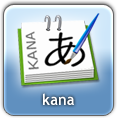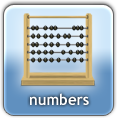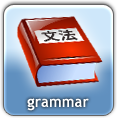| News |
New grammar documents
by Raphael

4 new detailed grammar sheets have been added. We now have 114 documents! For JA Sensei users, you can update your grammar module to get the new content. For Samurai members on the website, the examples are accompanied by authentic audio recordings.
Jidoushi and Tadoushi verbs
The first article explains the difference between the two Japanese verbal classes: Jidoushi and Tadoushi. There are actually many verbal pairs in Japanese like "始める" and "始まる" but sometimes we wonder which one must be used. Jidoushi verbs refer to actions endured or experienced by the subject itself without external intervention (the film begins), but you'd use its Tadoushi counterpart to talk about an action exerted on an external element (I'll begin my studies next week). Another example, we can say "the glass is broken" and "I break the glass." Again "to break" will be translated differently. You can find out more here.
Watashi, boku, ore, kimi, anata, omae
Two other grammar sheets deal with the personal pronouns "I, you, we and you (plural)." You already know that there are a lot of personal pronouns in Japanese to say "I" or "you." To know which one is adequate, it all depends on who is speaking and to whom ; so as a foreigner you might quickly get lost! The tables in the document illustrate the different cases depending on whether a woman or a man is speaking, and depending on who they are addressing (a child, a customer, a colleague, a lawyer, friend, etc.). Those two comprehensive documents will answer many questions. Direct access to the articles on the Japanese personal pronouns.
To make a decision in Japanese
The fourth sheet explains the structures "koto ni suru" and "koto ni naru" which are used to express the decision in Japanese. You'll learn to say "I decided to do," but more surprisingly, you'll see how to think about the decision in Japanese with sentences like "You're going to repeat your year." Yes, an external decision can be made to make you repeat your year. This example will help you think like a Japanese and say natural sentences instead of trying to emulate an English sentence. The document is here.
We are working on many new things at the moment, and we are relooking forward to make the upcoming announcements, but it will still take some time.



















Hinata49